
Slavery & Capitalism: Debates on the Marxist Left
There is much theoretical debate in Marxism about the relationship of slavery to capitalist accumulation. This is often formulated as a debate about stagist theories of history, modernizationist/developmentalist theories, and/or theories of modes of production. Drawing upon a range of our readings, this paper takes up these debates and particularly how they present and configure the problem of value realization in its relationship to the development of global capital in the nineteenth and twentieth centuries.
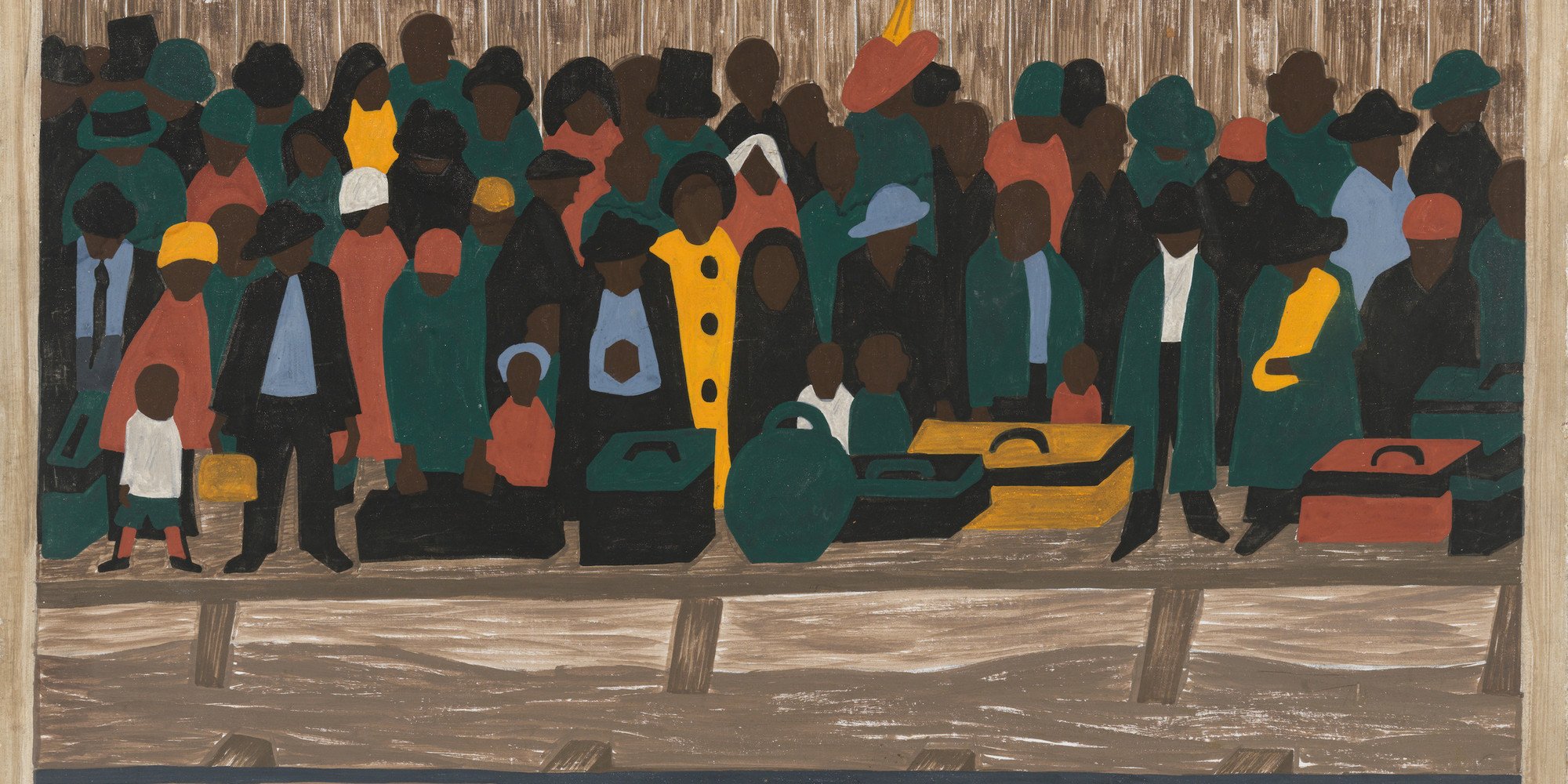
Literature Review: Race & Class in Nineteenth-Century America
Scholarship on this subject is divided on key elements, viz., (1) the rigidity of race and racial identity, (2) whether race is a site for political articulation (and affirmation, i.e., “self-determination”) or an imposed and limiting social division that undermines political agency, and lastly, (3) how race (and a racial political imagination) is an embedded feature of the history of American politics.
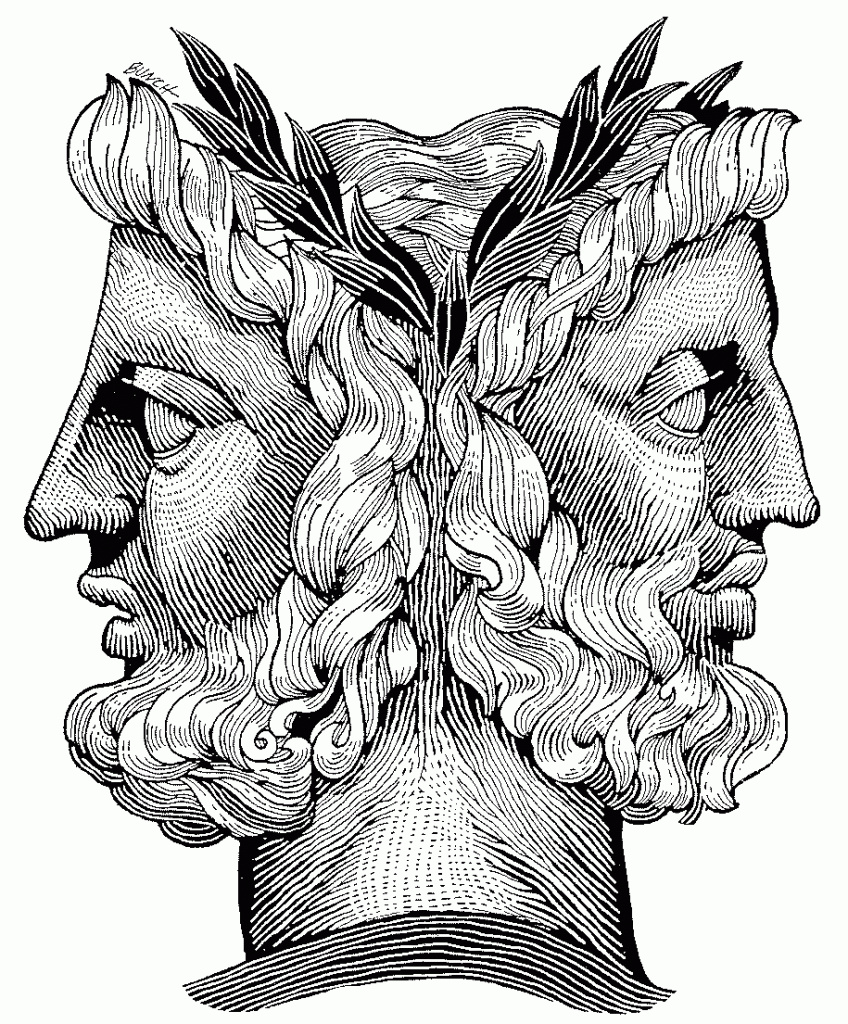
Literature Review: Ideology and the American Revolution
Bernard Bailyn’s The Ideological Origins of the American Revolution inaugurated a turn to intellectual and political historical work on colonial America. His work established that “the pattern of political activity in the colonies was part of a more comprehensive British pattern” and could not be “understood in isolation from that larger system” (Bailyn, Origins of American Politics, ix). The American Revolution was fundamentally an Atlantic Revolution, i.e., a conflict played out across geographical space, but also, importantly, within a broad, continental political tradition (Bailyn’s “Republican political language”). Bailyn used eighteenth-century radical pamphlets and debates printed by the English and American oppositional presses and distributed on both sides of the Atlantic; he showed how opposition in the colonies was vivid with a “Commonwealth imagination” — what J.G.A. Pocock later called the ethos of “Republican civic humanism.” After immersing himself in “the flood of Whig panegyric verse” that poured from the presses from 1700 to 1760, Bailyn located the “triggering convictions” of revolutionaries in “the specific fears and formulations of the radical publicists and opposition politicians of early eighteenth-century England,” those “who carried forward into the age of Walpole the peculiar strain of anti-authoritarianism bred in the upheaval of the English Civil War” (Bailyn, Origins of American Politics,ix-x).
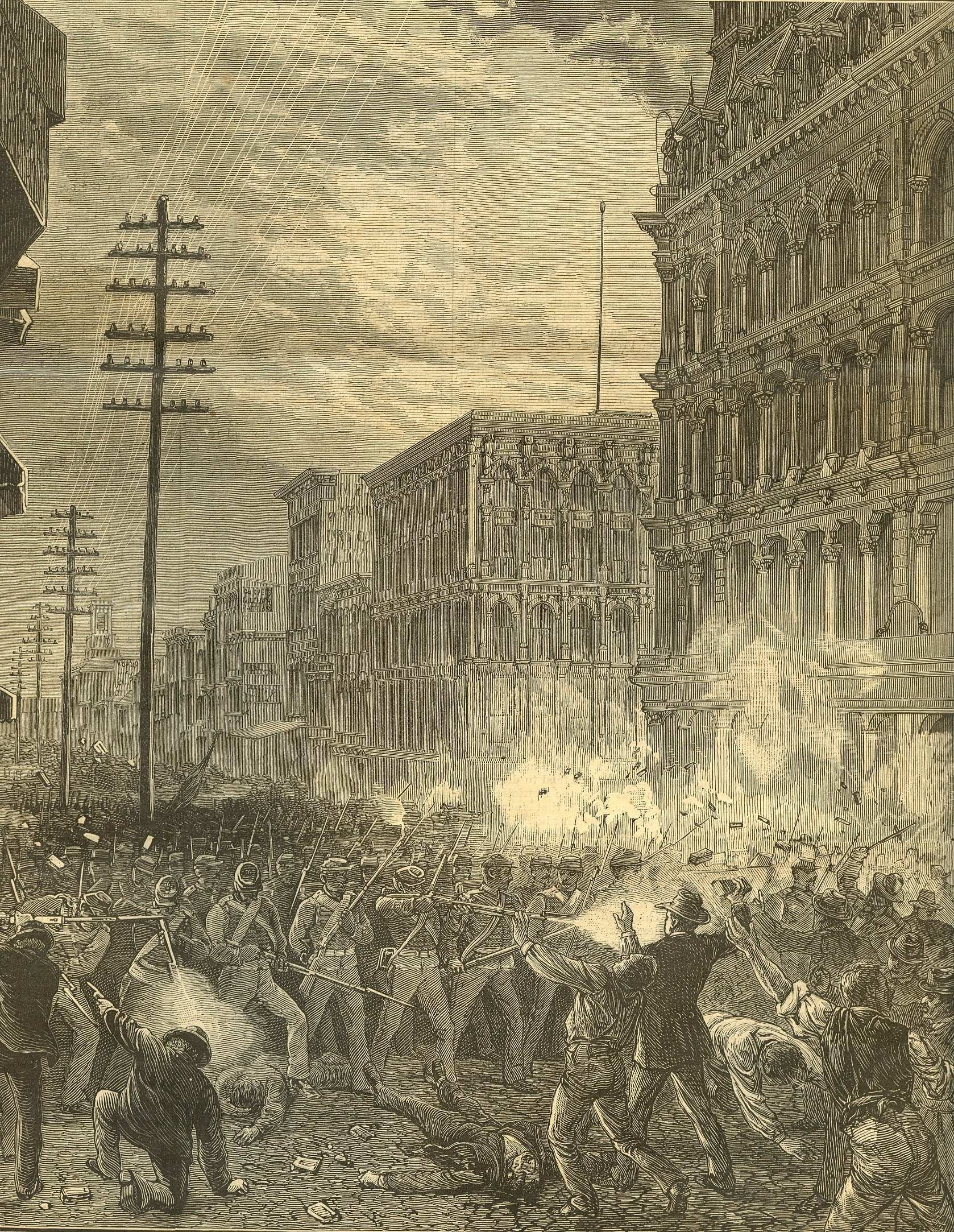
The Reconstruction of the North: The Transformation of Reform Politics in Postbellum America
New liberal reformers after the Civil War reconciled democracy and capital in theory, while arming troops against railroad workers and denouncing black 'red shirts' in South Carolina. What resulted from this transformation of American politics was a moral and ideological order guided by the needs of American corporate capital. While once at the center of antebellum Republican free labor ideology laid a glorification of the producer as protector of freedom, postwar opinion of labor fixated on the dangers of class politics, and insisted on the need to guard democracy from rabble-rousers, even, if needed, by bayonet.
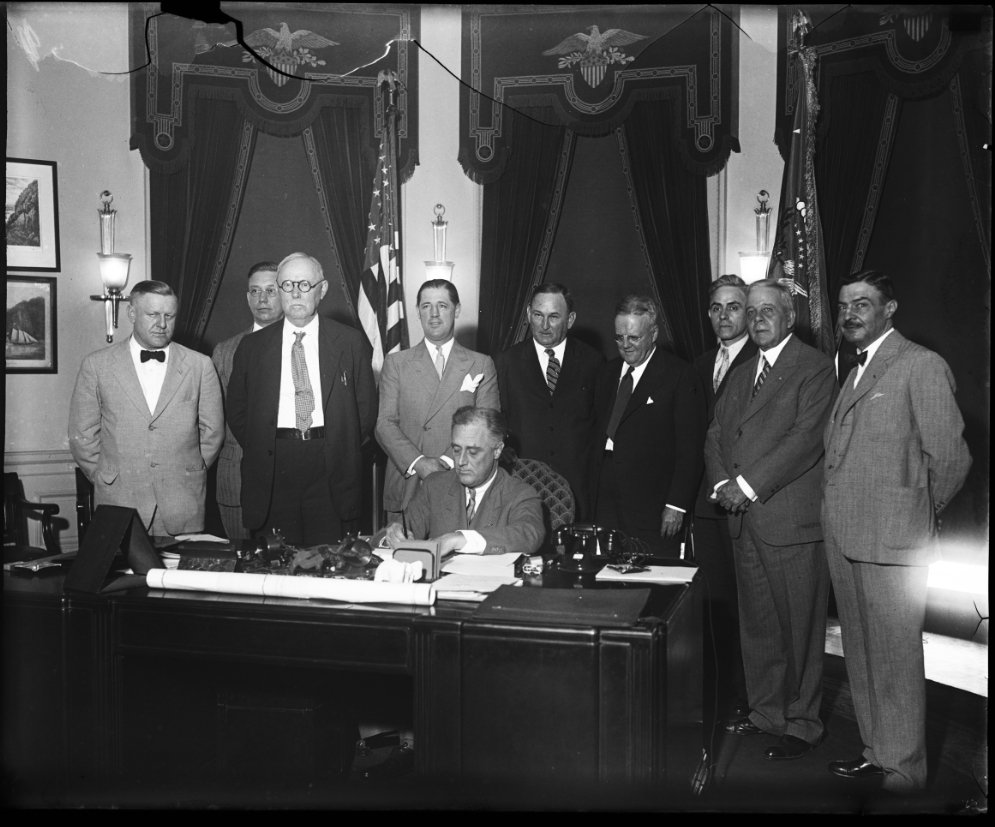
Literature Review: The New Deal and the Transformation of American Liberalism
The vision of the administrative state espoused by post-WWII liberals was shaped primarily by the experience under the New Deal. Historians Alan Brinkley and Lizabeth Cohen present a vision of the 1930s as a time when liberals in the United States looked to the state as a solution to the increasingly accumulation of capital by corporate power. While Brinkley’s approach to the period focuses on the intellectual roots of New Deal policies and their transformation, Cohen attentively describes how Chicago laborers in the interwar years turned to the state and to the Congress of Industrial Organizations (CIO) for support in the years following the Great Depression.
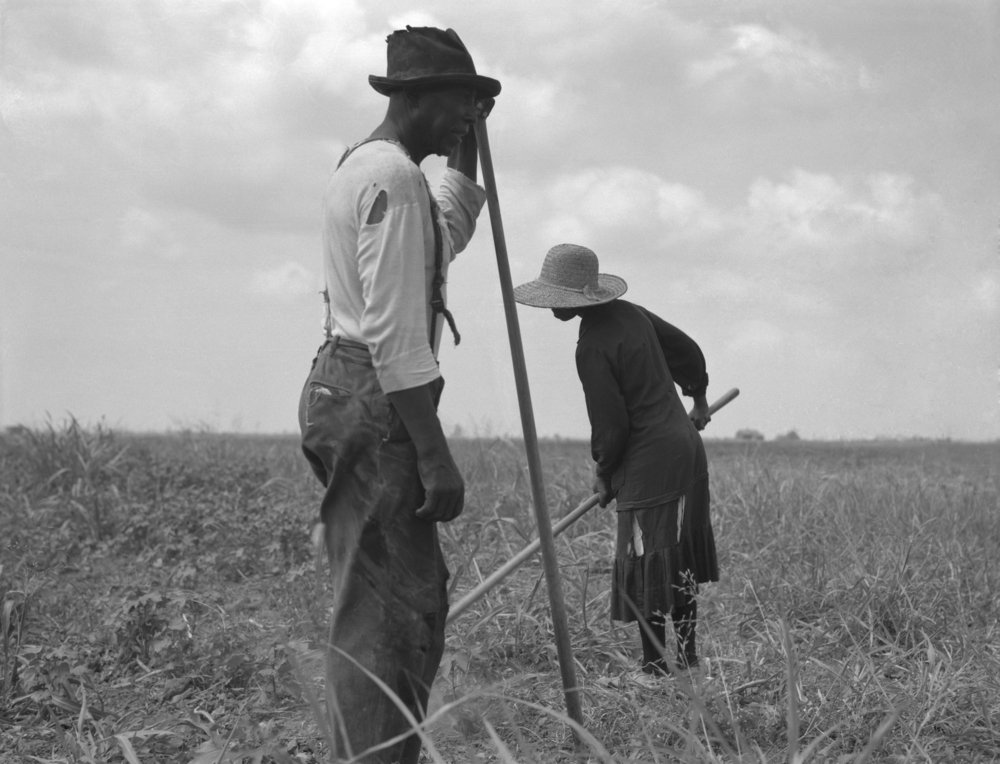
Literature Review: American Sharecropping
The abolition of illiberal commercial relations in the American South gave rise to an arrangement in which labor was not quite free, nor entirely unfree. Due to its seemingly anachronistic features, American sharecropping drew comparisons to feudal arrangements inWestern Europe. This analysis however, sparked significant debate about the nature of agricultural production in the American South as embedded within the context of the global expansion of industry during the nineteenth century, i.e., a time in which Southern landowners hired sharecroppers in order to produce for the market. These considerations as well as the specific historical conditions present in post-emancipation America make the study of sharecropping a peculiar, and potentially fruitful, standpoint from which to investigate the transformation of agriculture under capitalism.